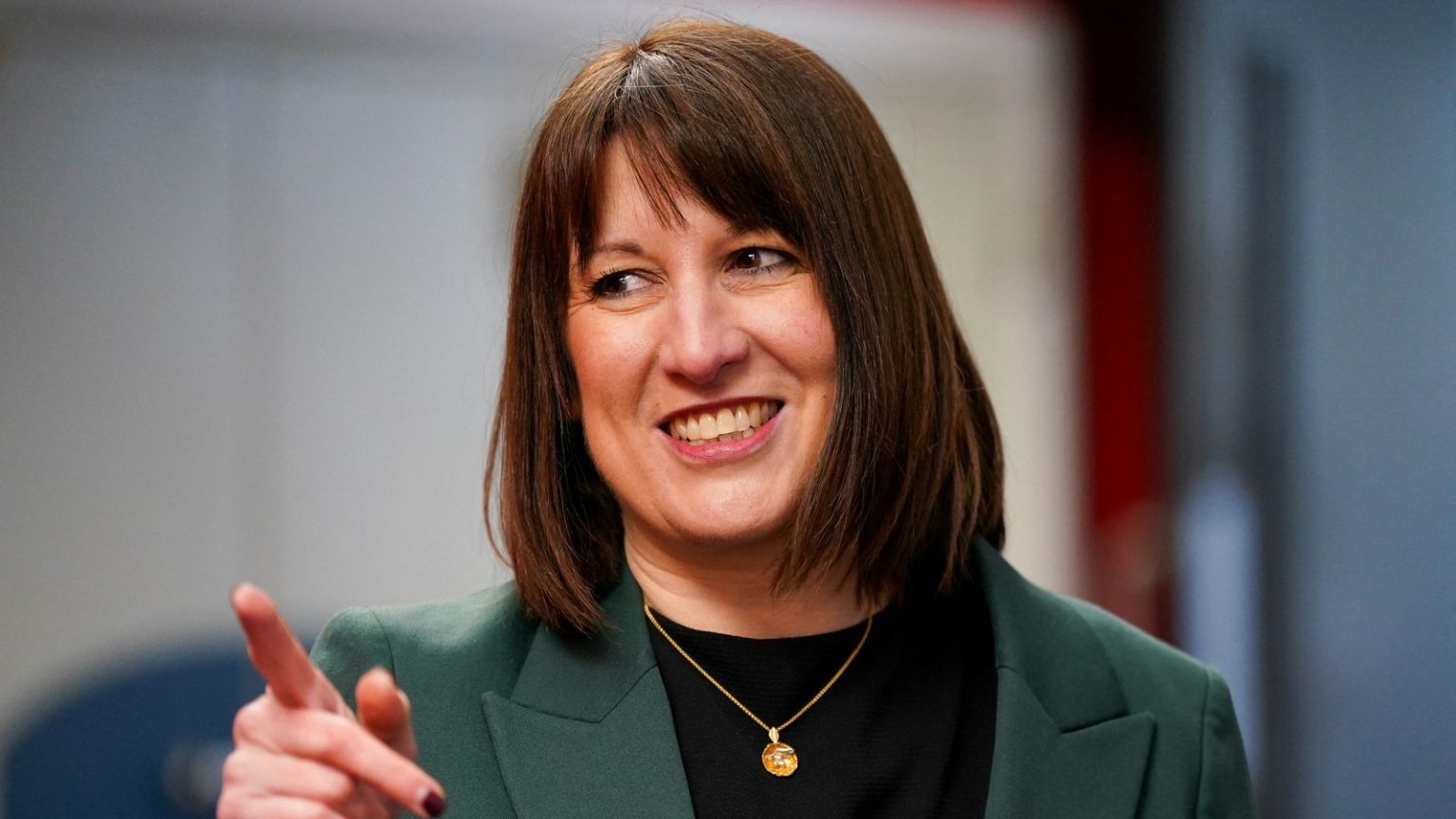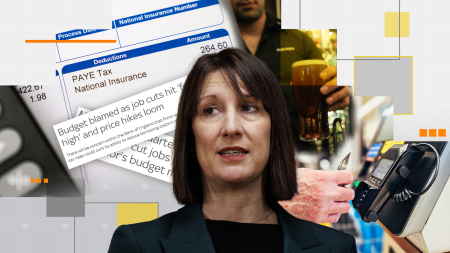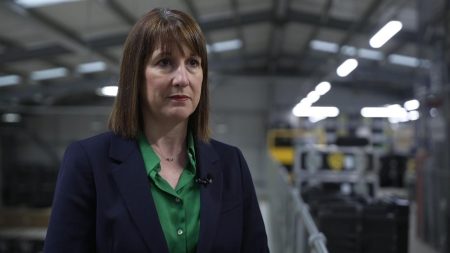Rachel Reeves’ Mission to Revitalize Britain’s Economy: A Comprehensive Strategy
Overview of the Initiative
Rachel Reeves, the UK Chancellor, is spearheading a concerted effort to reboot Britain’s economy through a series of high-level meetings with influential figures in the financial sector. This week, she is set to engage with executives from top-tier investment banks and asset management firms, including Abrdn, BlackRock, Citi, Goldman Sachs, JP Morgan, Morgan Stanley, and Schroders. These discussions are part of a broader strategy to gather insights and ideas that will inform the government’s upcoming Financial Services Growth and Competitiveness Strategy. The initiative reflects Reeves’ determination to address the economic challenges facing the UK and to restore confidence in its financial sector.
The Agenda for Growth and Competitiveness
The roundtable discussion scheduled for this week will focus on several key areas aimed at driving economic growth. One of the primary topics will be exploring ways to enhance the UK’s international competitiveness. This includes identifying regulatory barriers that may be hindering progress and working collaboratively with the industry to remove these obstacles. Additionally, the meeting will emphasize the importance of attracting both institutional and retail investments into the UK economy. By fostering a more favorable business environment, Reeves aims to make Britain a more attractive destination for global investors.
Partnership Between Industry and Government
Reeves’ approach highlights her belief in the importance of collaboration between the government and the private sector. By bringing together some of the most prominent names in finance, she is creating a platform for open dialogue and idea-sharing. Insiders have indicated that further meetings with industry leaders are expected in the coming weeks, underscoring the Chancellor’s commitment to engaging with experts who can provide valuable perspectives on how to stimulate growth. This collaborative effort is seen as crucial in addressing the complexities of the current economic landscape.
Challenges and Controversies
However, Reeves’ efforts come at a time when the government’s economic credibility is under scrutiny. The reaction to her inaugural budget, delivered last October, was met with widespread criticism, particularly over its tax reforms. There are concerns that these changes have led to an exodus of wealthy individuals from the UK, potentially undermining the country’s tax base. Additionally, there are growing indications that further tax increases may be on the horizon, which could add to the economic pressures faced by households and businesses alike.
A Commitment to Growth and Prosperity
Despite these challenges, Reeves remains undeterred in her mission to deliver growth and improve the financial prospects of the British people. A Treasury source has emphasized her determination to "go further and faster" in driving economic progress, ensuring that more money finds its way into people’s pockets. The Chancellor’s strategy is not just about short-term fixes but about laying the groundwork for long-term prosperity. By listening to industry leaders and leveraging their expertise, she aims to create a roadmap for economic success that benefits all sectors of society.
The Road Ahead
As Reeves continues to engage with the financial community, the outcomes of these discussions will be closely watched. The success of her Financial Services Growth and Competitiveness Strategy will depend on the government’s ability to balance bold action with careful consideration of the potential impacts of its policies. With the UK economy at a critical juncture, the decisions made in the coming months will have far-reaching consequences. Reeves’ ability to navigate these challenges and deliver on her promises will be a defining feature of her tenure as Chancellor.















